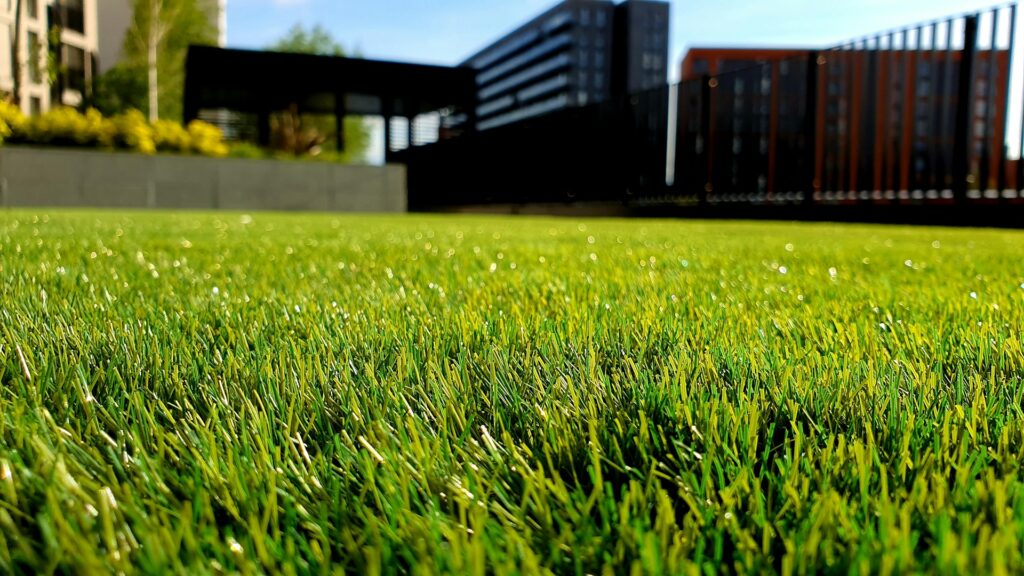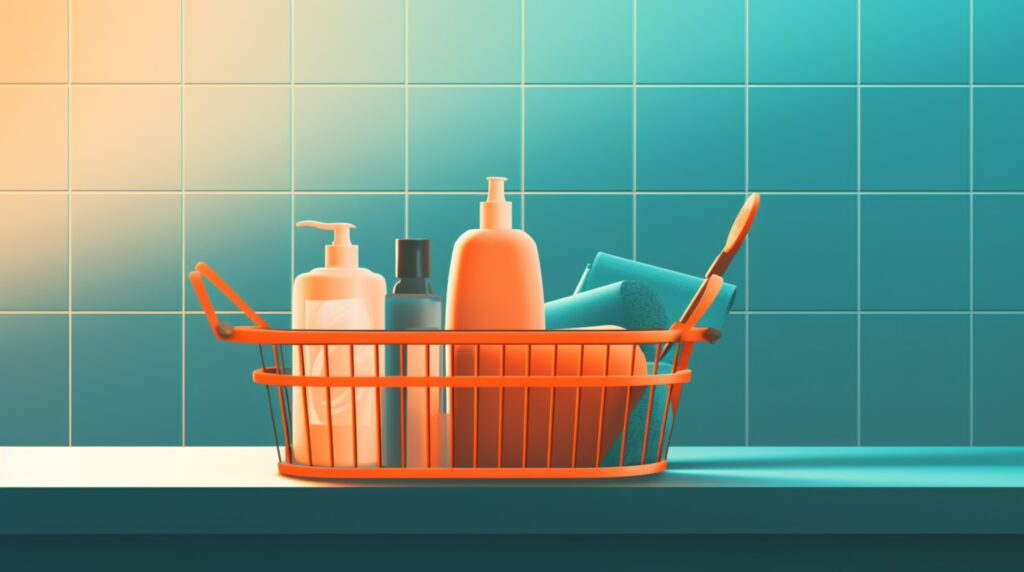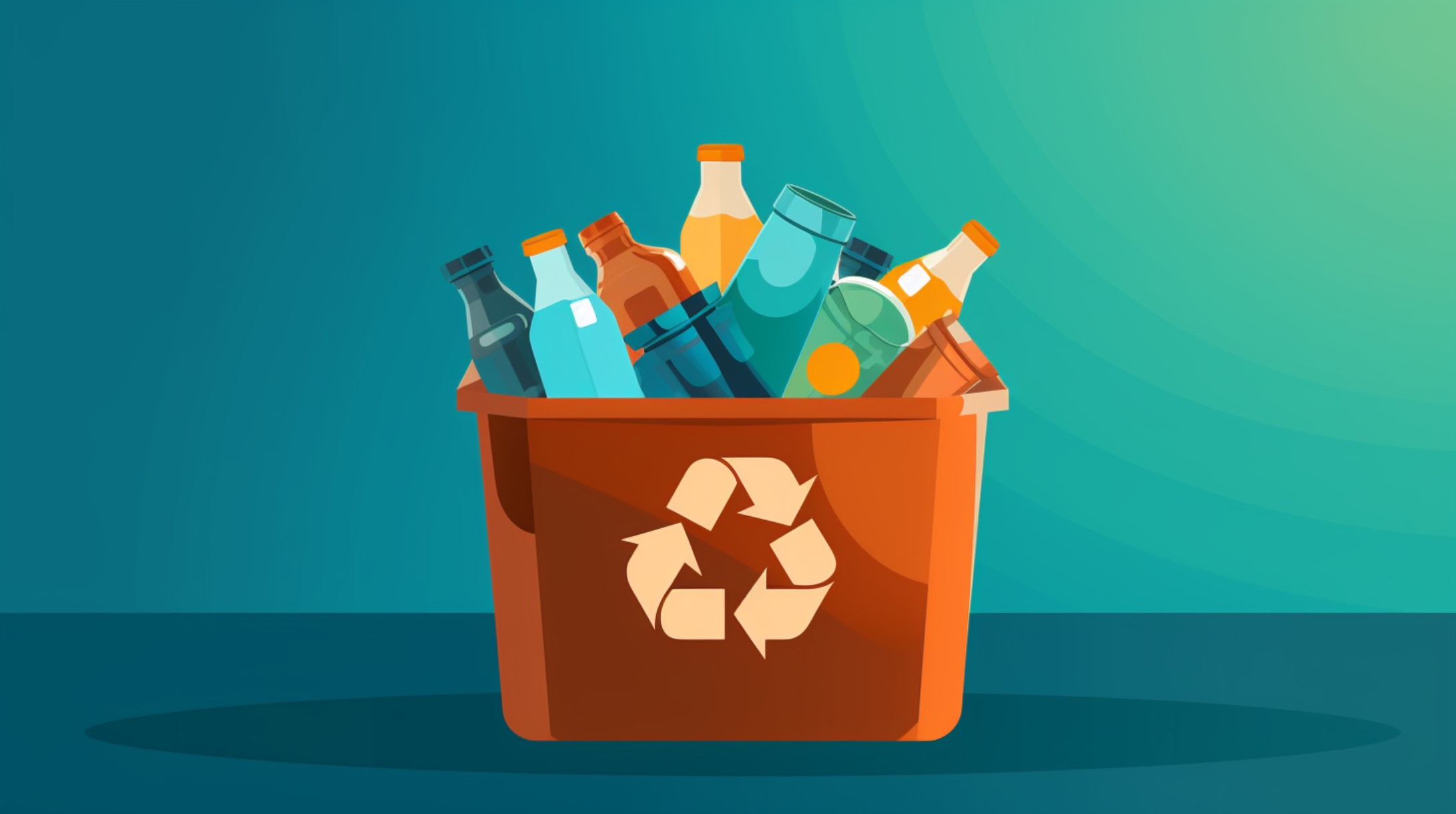
We are reader-supported. When you buy through links on our site, we may earn an affiliate commission.
While many companies have sustainability goals, some continue to make products harmful to the environment. Whether you realize it, you may purchase these items when buying groceries or clothes. How can you be a more eco-conscious shopper? Research and mindfulness are crucial to fostering a more sustainable lifestyle. Here’s an expert-backed guide on products you should try to avoid and what alternatives are more eco-friendly.
What Should Eco-Conscious Shoppers Try to Avoid?
While some harmful products may seem obvious, there are some others you might not think are detrimental to the environment. Experts say to avoid these five products.
1. Plastic Items
Plastic is a no-go, according to experts. This material is among the most harmful to the planet and your body, so avoid it when possible. Research shows plastic waste compromises your lung health and puts you at risk for disease.
Steven Kubrak, founder of S.G. Communications, says the primary problem with plastic is it’s hard to recycle. Only a small percentage of plastic is recyclable, thus making it harmful to the environment.
“The largest problem is many types of plastic cannot be sorted or separated properly to recycle, and a majority of that is simply landfilled or burned,” he said.
2. Plastic Water Bottles
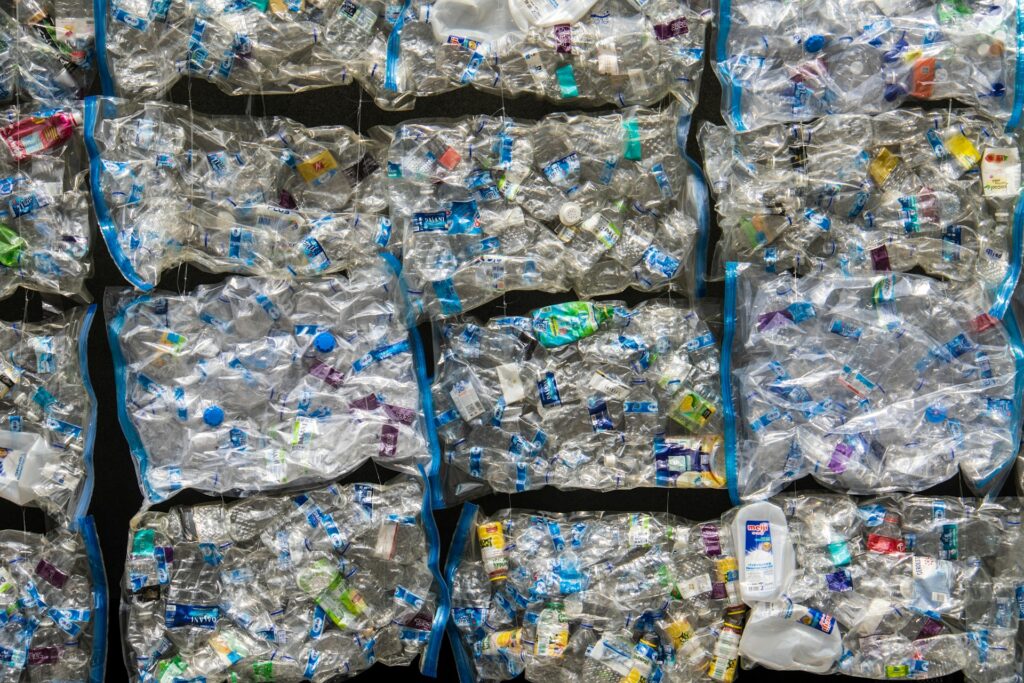
What’s something plastic you use daily? For many, it’s water bottles from the fridge, grocery store or concession stand. While one plastic bottle doesn’t seem harmful, the pain to the planet adds up. Paul Connolly, the managing director at Water-to-Go North America, says plastic bottles encourage water consumption but hurt Earth with every discarded container.
“One million bottles of water are sold every minute,” he said. “Sixty million water bottles are thrown away each day, and only a small fraction are recycled — most end up in landfills and in oceans.”
Plastic water bottles may also harm human health because of the microplastics. A 2023 University of California, Irvine, study says there are more tiny particles in your water bottles than you think. The researchers say each liter of bottled water has 100,000 particles, most of which are nanoplastics.
3. Fast Fashion
Looking stylish makes you feel good, but how will your outfits cost the environment? Some companies use unsustainable materials in cheap clothing to make their products appeal to a broad audience. This phenomenon — known as fast fashion — is detrimental to the environment.
First, fashion requires a high amount of water consumption. A 2022 York University study says the industry requires 79 trillion liters of water annually, demonstrating its harmful environmental effects. Guillaume Drew — founder of luxury e-commerce platform Or & Zon — says pollution is a significant concern in this sector.
“Fast fashion items are mass-produced, typically low-quality garments that contribute significantly to environmental pollution,” he said.
Where does this pollution end up? About 85% of textiles land in dumps while drying up water sources worldwide. Additionally, consider how many microfibers you release when you wash these cheap clothes.
4. Artisanal Goods

Some items are more evident in their environmental impact than others. A holistic approach to eco-conscious shopping is critical when determining which products to try to avoid. For instance, even the homemade and handmade favorites might not be as sustainable as you think.
“Unfortunately, some ‘artisanal’ items are made in unethical conditions or methods that are not eco-friendly,” Drew said. “It’s crucial to buy from brands/companies that verify their sourcing.”
How can you ensure your products are sustainable? Research the brand’s website and its production methods. If they don’t have a website, contact the producers directly and ask about their sourcing and craft strategies.
5. Single-Use Candles
Candles are another product you might not know has detrimental environmental effects. These wax products bring relaxing feelings and smells regardless of where you are. Unfortunately, single-use candles are as harmful as water bottles regarding their ecological impact.
Lauren McGovern, owner and founder of ReCandle Co., says landfills and carcinogens are the primary concern with these products.
“Though some candle vessels may be recyclable, most are insufficiently cleaned after use and end up in landfills, contributing to our already mounting landfill issues,” she said. “Most candles you get from the store contain synthetic fragrances with concerning ingredients including carcinogens and phthalates.”
What Eco-Conscious Alternatives Are More Sustainable?
You still need water and clothes, so how can you sustainably obtain these items? Here are a few alternatives to consider.
1. Glass and Metal
When searching for plastic alternatives, Kubrak says glass or metal is the way to go. Glass is recyclable and less toxic than plastic, so it’s a more eco-conscious choice when you need water or any other beverage. Even when you go to a restaurant, you’ll benefit from bringing your silverware or asking for metal options. Try to avoid plastic consumption wherever you go.
“Avoid single-use plastics like take-out forks and knives and ask restaurants not to provide them,” Kubrak said.
2. Bulk Products
Cutting out plastic is challenging, so limit your consumption as much as possible. How can you achieve this at the grocery store? Head to wholesale stores like Costco, where you can buy food in bulk, thus getting more products with less packaging. You won’t have to rely on plastic bags to bring your food home.
“If possible, buy bulk foods or products and fill your own (preferably glass or metal) containers,” Kubrak said.
3. Slow Fashion
Buying clothes with a higher price tag may be unappealing, especially when on a budget. However, paying a higher up-front cost could lead to long-term savings if you stick to slow fashion. These clothes have sustainable, long-lasting materials that will last in your closet for a long time.
4. Reusable Water Bottles
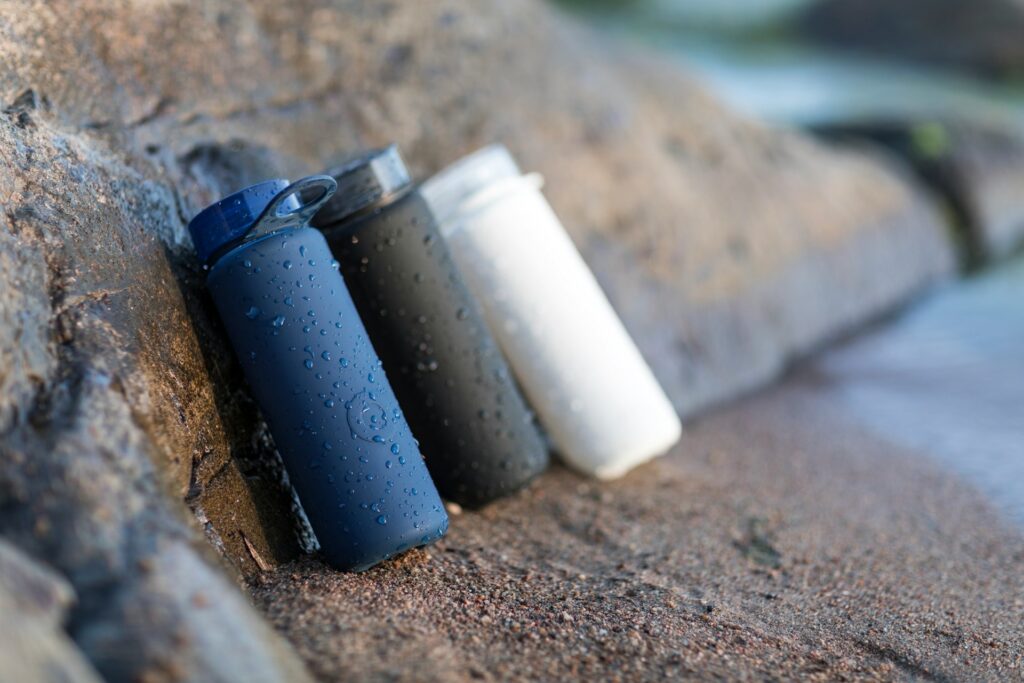
Plastic bottles may bring short-term convenience, but the long-term effects are too damaging to ignore. The more eco-conscious option is a reusable container like a thermos you can carry around all day. Use water fountains, tap water, water filters and other devices to deliver water so you can try to avoid plastic. Research shows reusable containers could reduce plastic usage by 156 bottles per person annually.
5. Reusable Candles
Single-use candles hurt the environment and can affect your health, so reusable products are the way to go. Look for toxic-free candles that use clean ingredients to make your nose and soul feel better. Sustainable candles typically contain beeswax, coconut, natural soy wax and other eco-conscious products. These items provide the same smells but are less of a liability.
Eco-Conscious Shopping for Sustainability
Sustainable purchases are critical for the environment as society needs to decrease its dependence on toxic products. Plastic and slow fashion are only some of the unsustainable items you see in grocery and department stores, so make a list of things to try to avoid.
While eco-friendly shopping may be difficult, you can start with minor changes. Experts say reusable water bottles and candles go a long way in improving your health and the environment.






